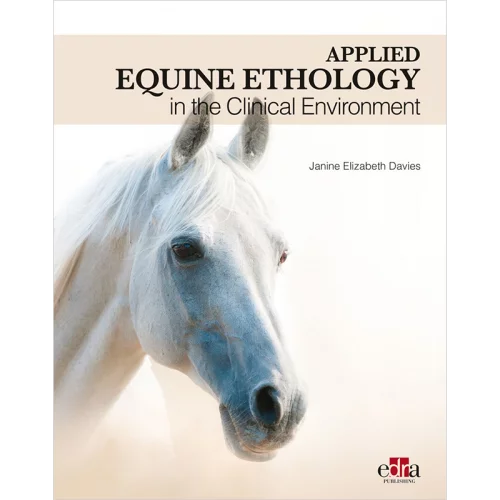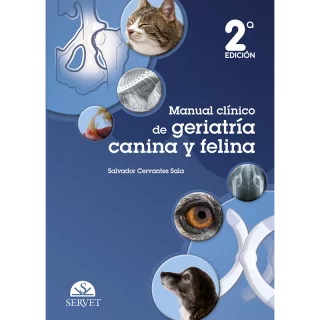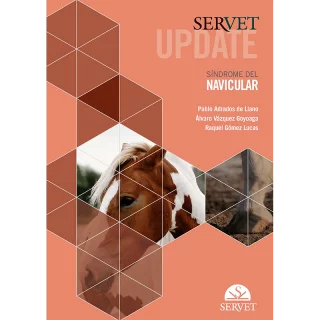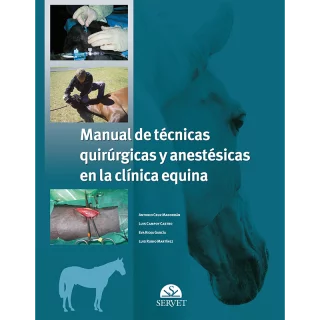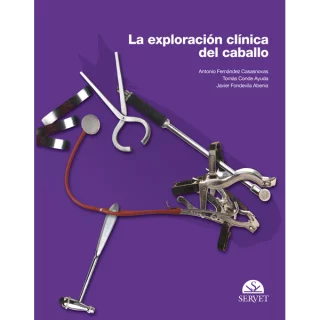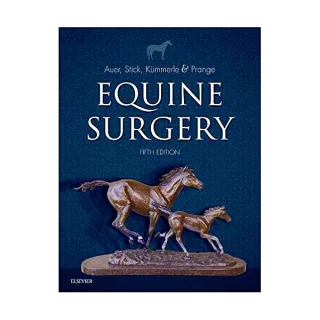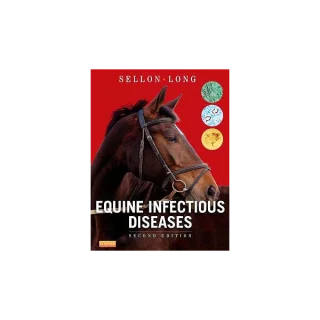Envío gratuito en compras superiores a 19€ (Península y Baleares)
The aim of this book is to create awareness of how to apply existing methodologies, new techniques and practices that enhance all aspects of equine behaviour and welfare. This will subsequently reduce arousal states and diminish flight and fight responses.
1. Section 1: Managing the equine patient
Introduction
The equine patient
Recognition of pain
Physical restraint
Chemical restraint and analgesia
2. Section 2: Learning Theory
Introduction to how the horse learns
Non-associate learning
Associate learning
Training and time
Behavioural modification techniques
3. Section 3: Applied learning theory in equine clinical procedures
Training immobility
Desensitization to an oral syringe
Desensitization to inoculation at various injection sites
Head control and desensitization of related structures
Desensitization of sensitive body areas: flanks, genitalia and rectum
Training the horse to keep his/her foot on the ground
Training the horse to pick his/her feet up without kicking
Over-shadowing technique explained for use in horses with severe anxiety towards certain objects
- Autor/es Janine Davies
- Fecha de edición enero 2023
- Nº Páginas 160
- Encuadernación Tapa dura
- Tamaño 22 X 28
- Idioma Inglés

